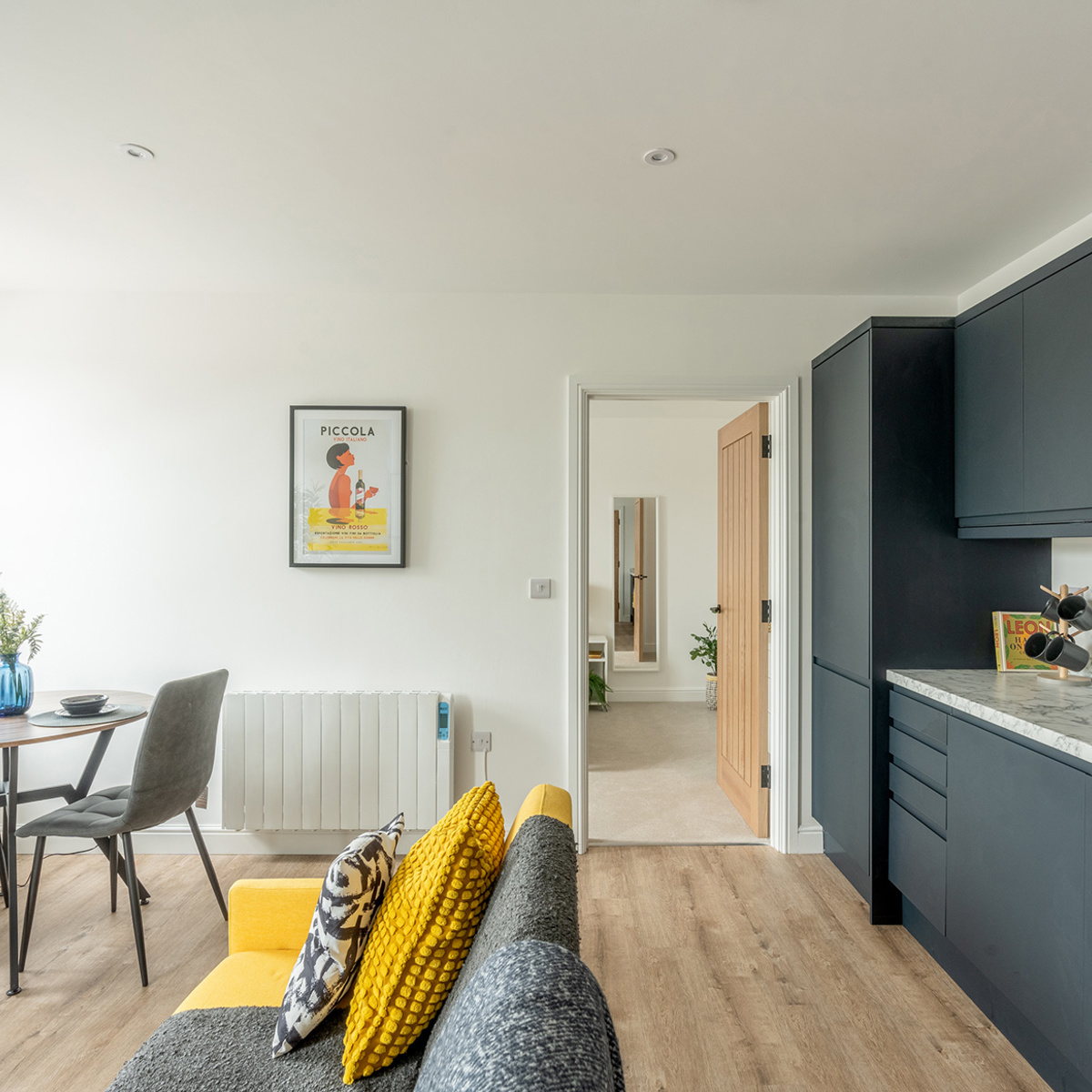
Why buy a new build?
There are many benefits to buying a newly built home - energy efficiency, low maintenance and a fast, straightforward buying process, with no chain.
- Choice - plot, configuration, kitchen and bathroom, fixtures and fittings.
- Peace of Mind - deposit protection, NHBC, new build certificates and warranties.
- Easy Purchase - no onward chain, no gazumping.
- Modern Standards - A or B energy efficiency, smart home technology, CAT5.
- Lower Costs - minimal maintenance, no repairs and renovations.
- New Community - Like minded new neighbours.
What's the advantages when buying a new build home?
Many people like the idea of being the first to live in a property, that you may be able to choose the plot or unit that best suits you, and selecting fixtures and fittings.
You may need to wait for your new home to be built if buying ‘off-plan’. But choosing a plot and watching a building grow week by week can be very exciting.

We try to use plain English wherever possible, but there will be a few terms, and abbreviations that you may not be familiar with.
Here's a list of common words or phrases that will come up when buying a new build.
The buying a new build home process
There's no onward chain, no waiting for the seller to move or worse withdraw. The purchase is more structured with guided time frames.